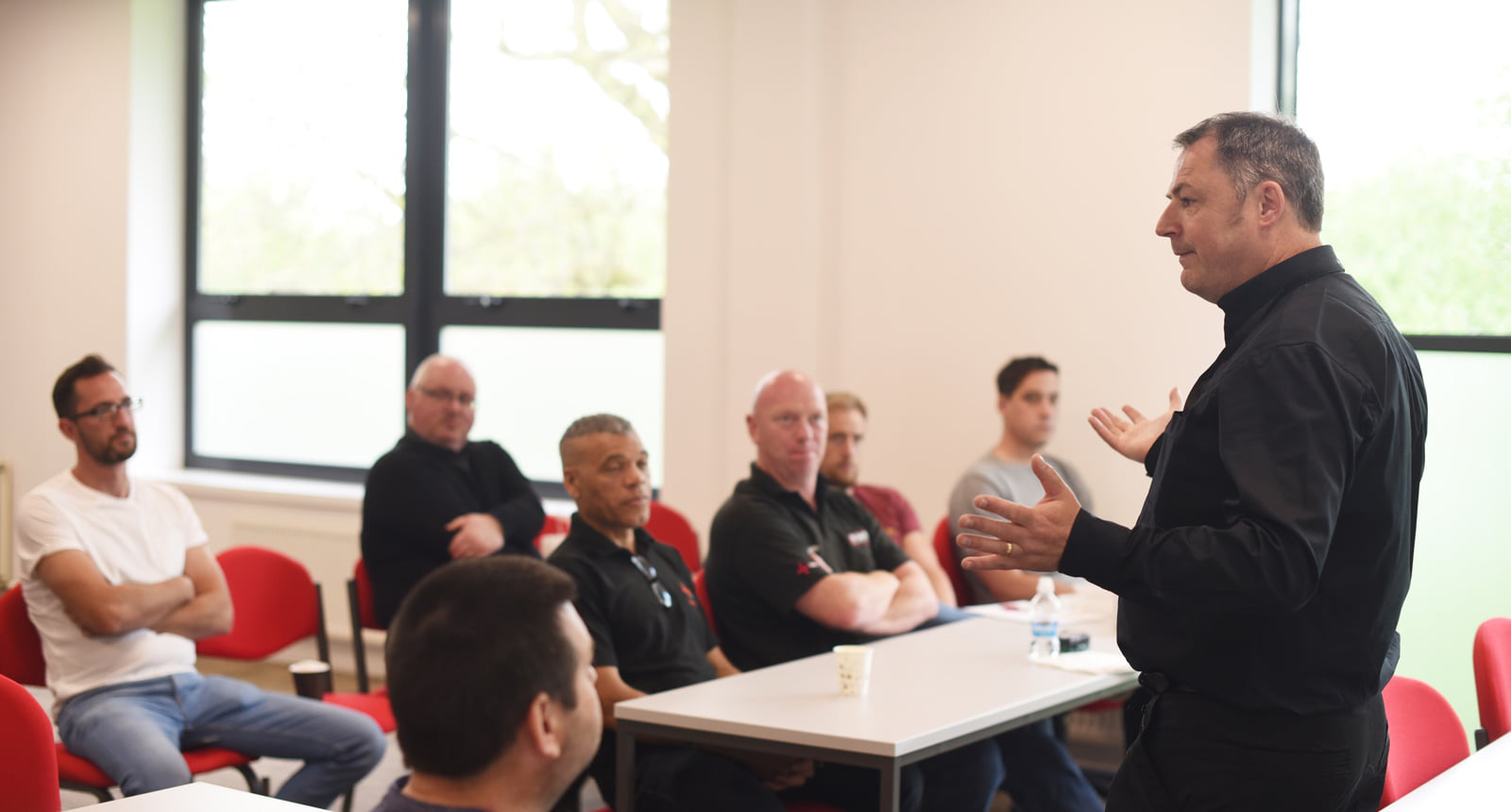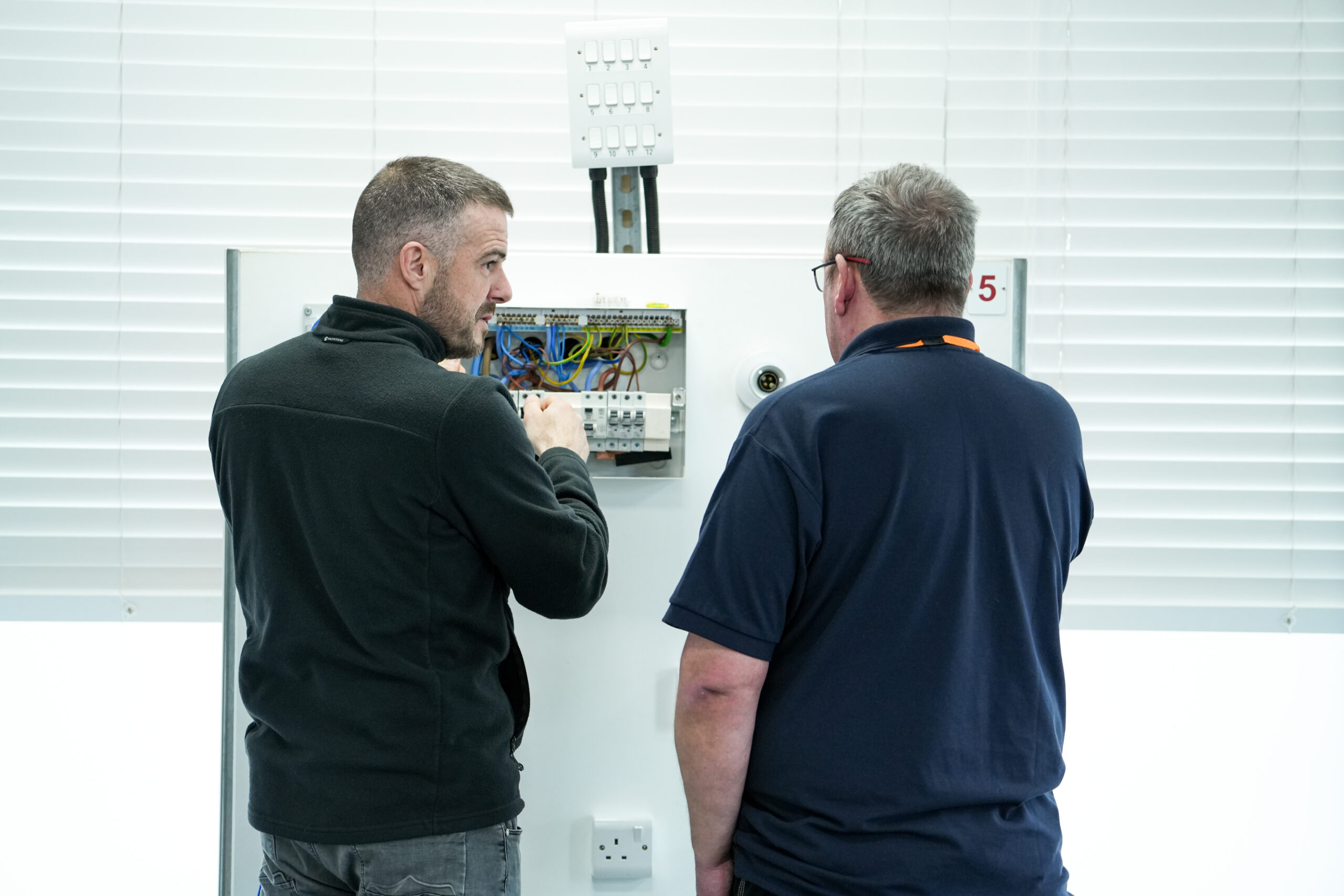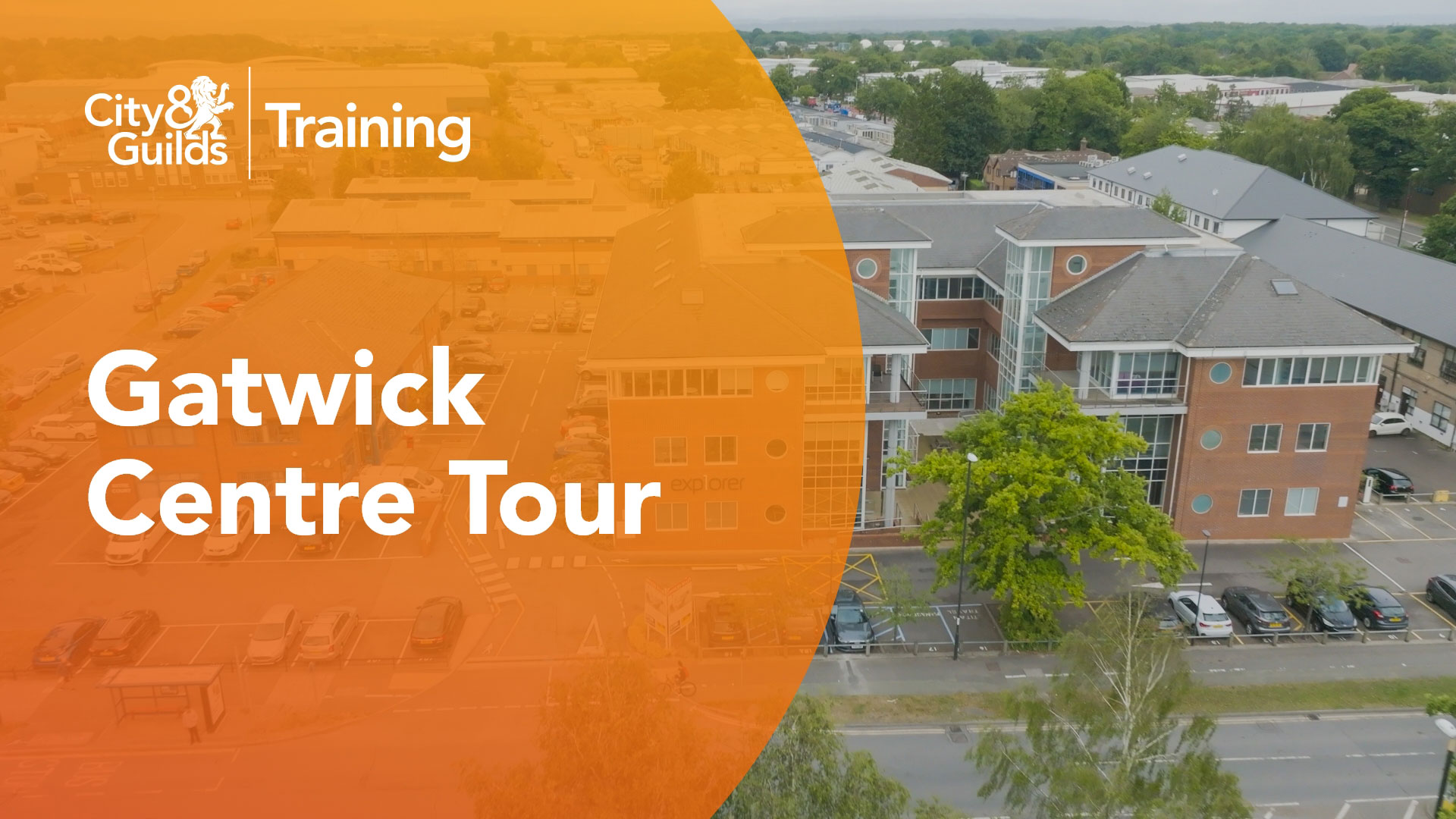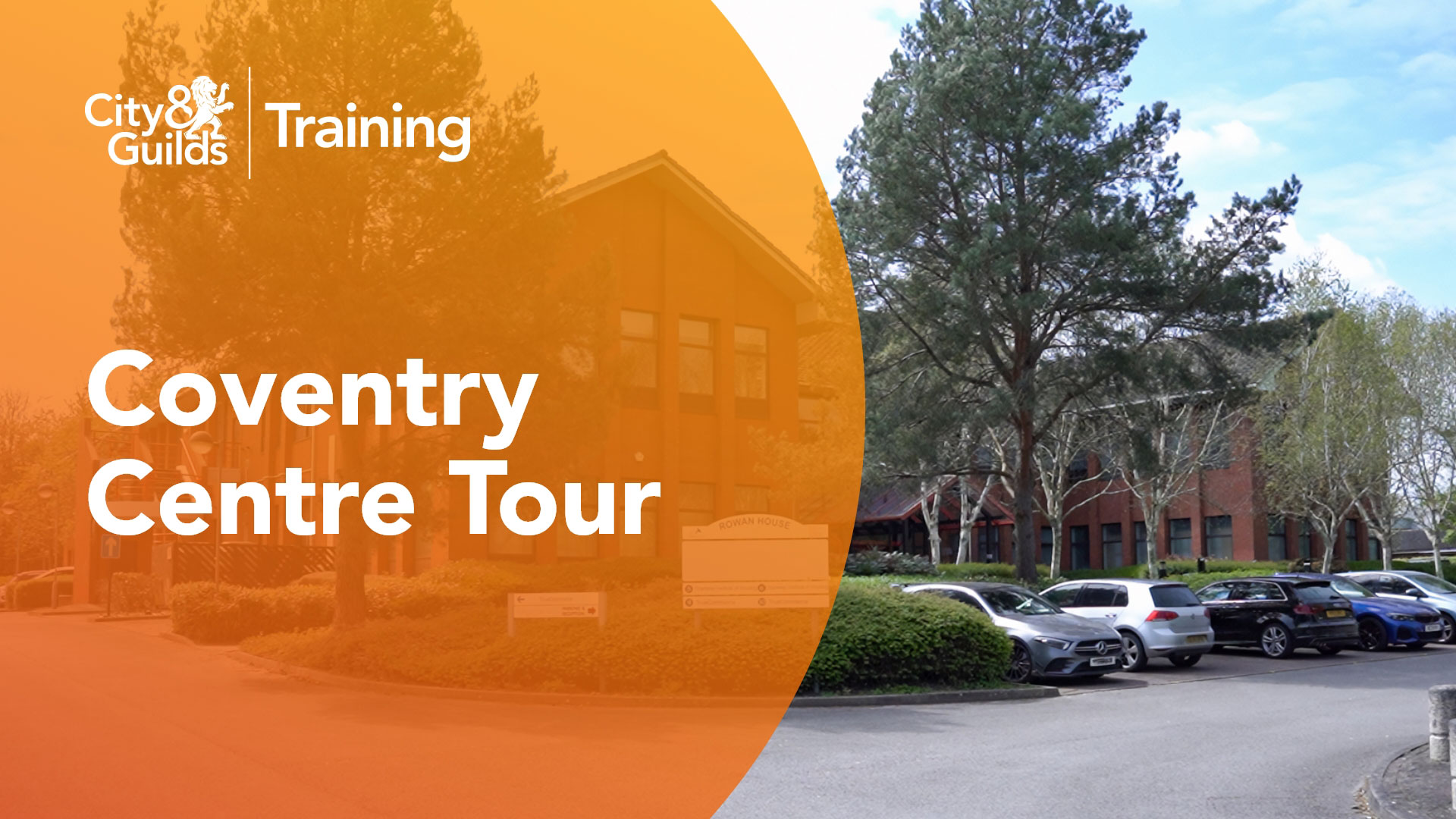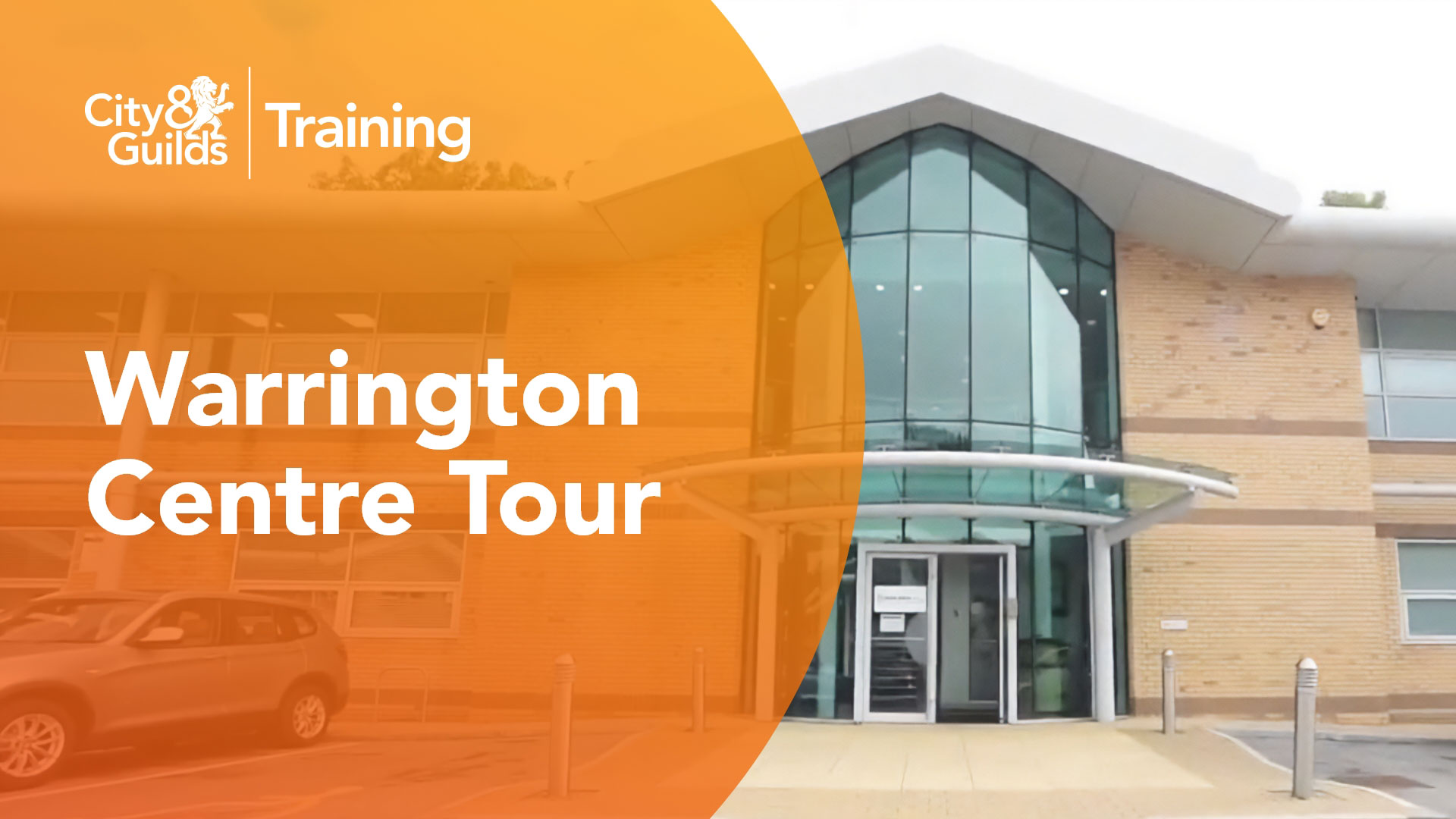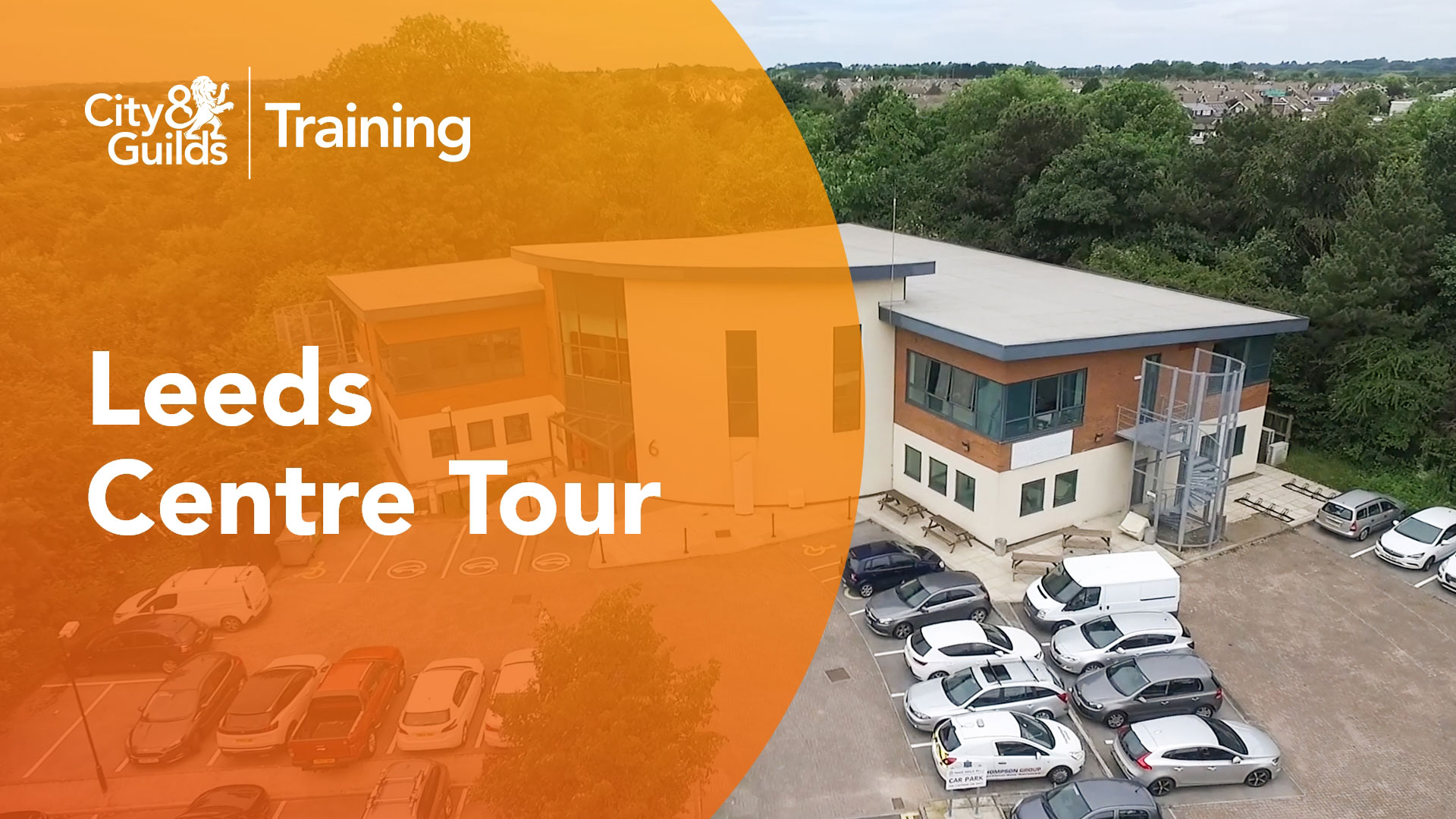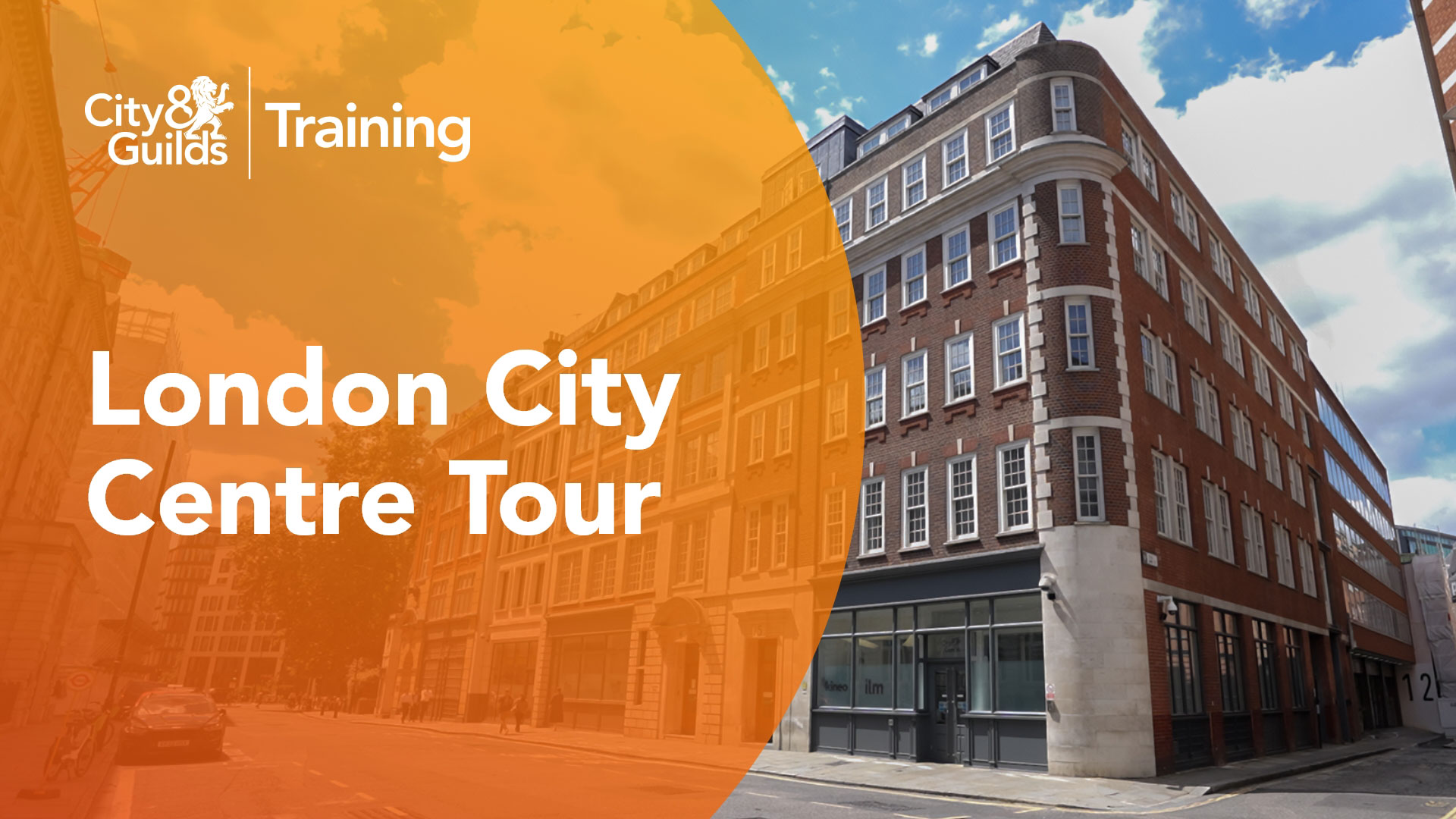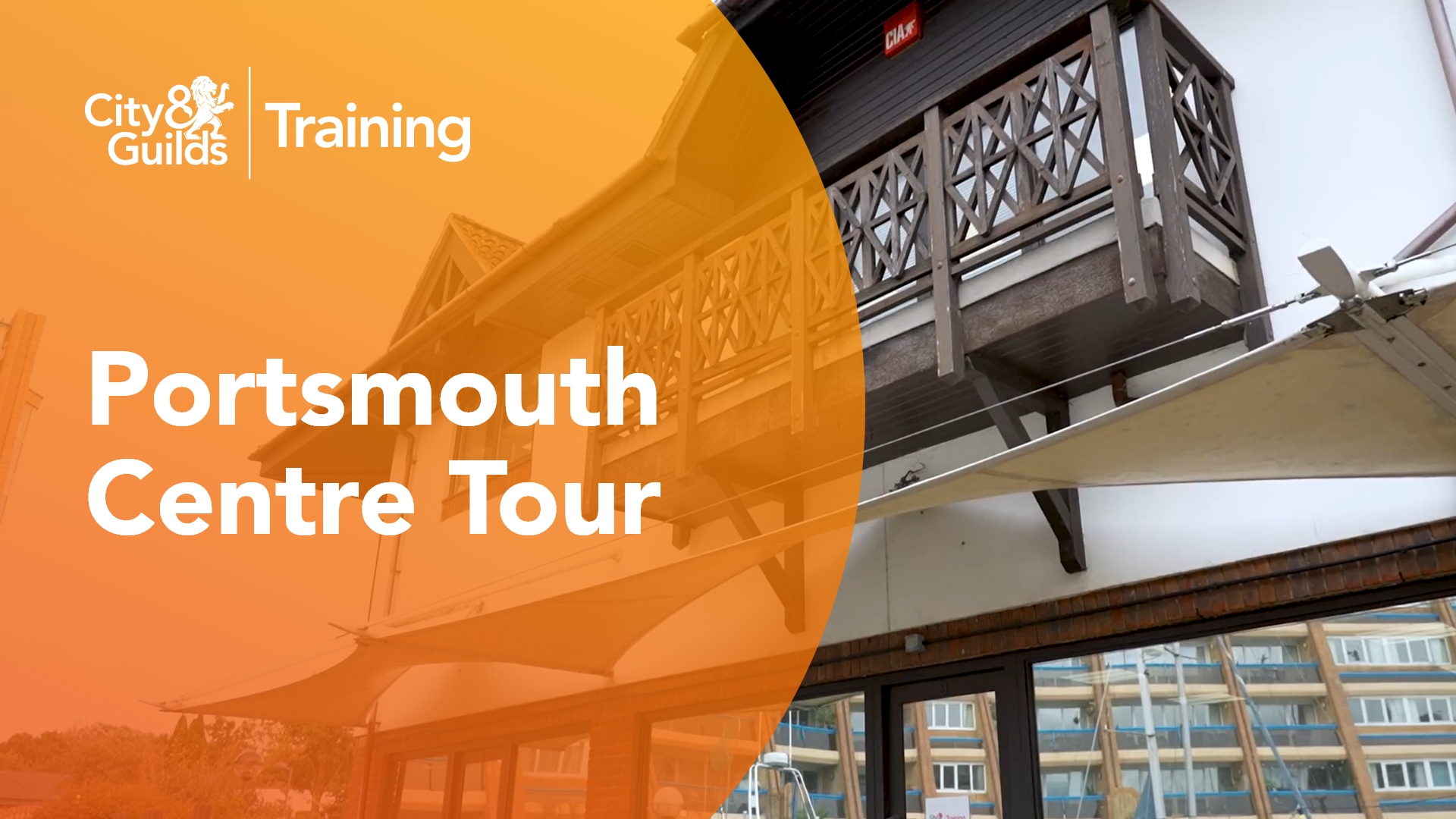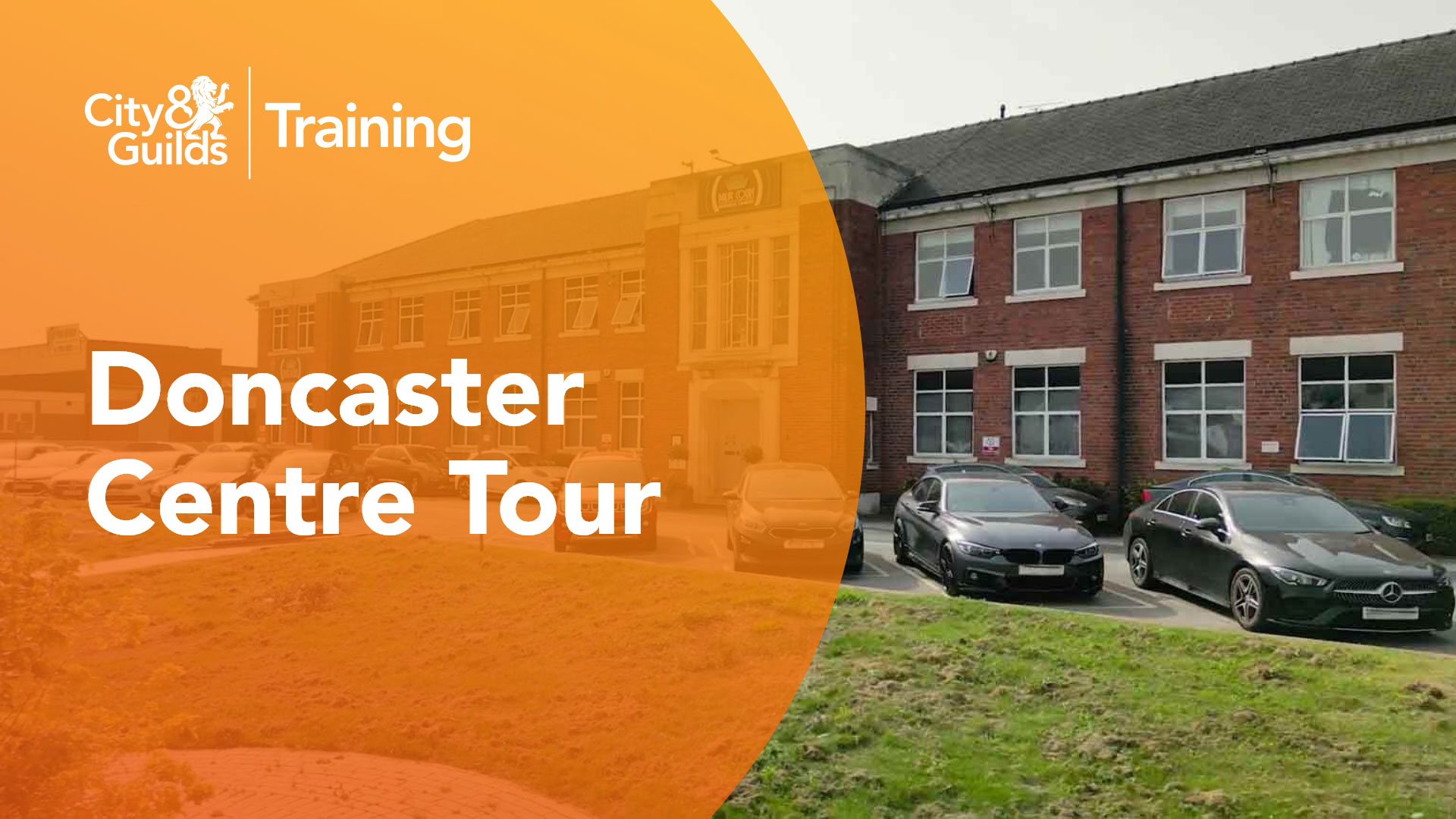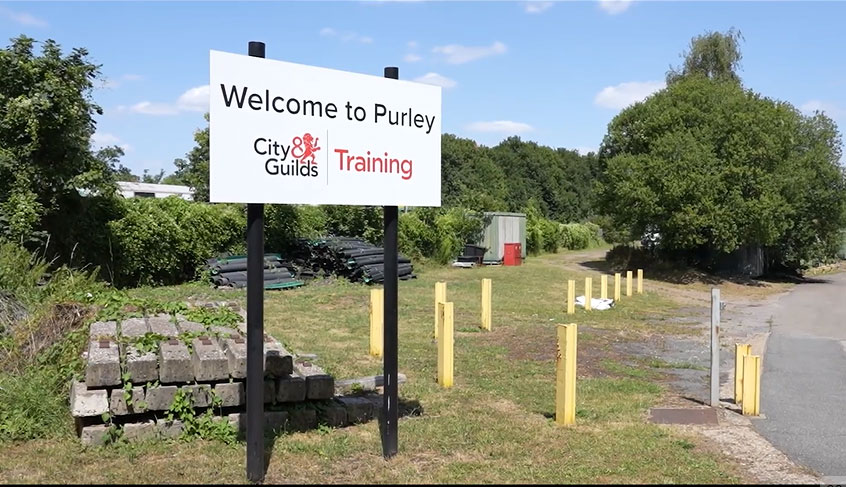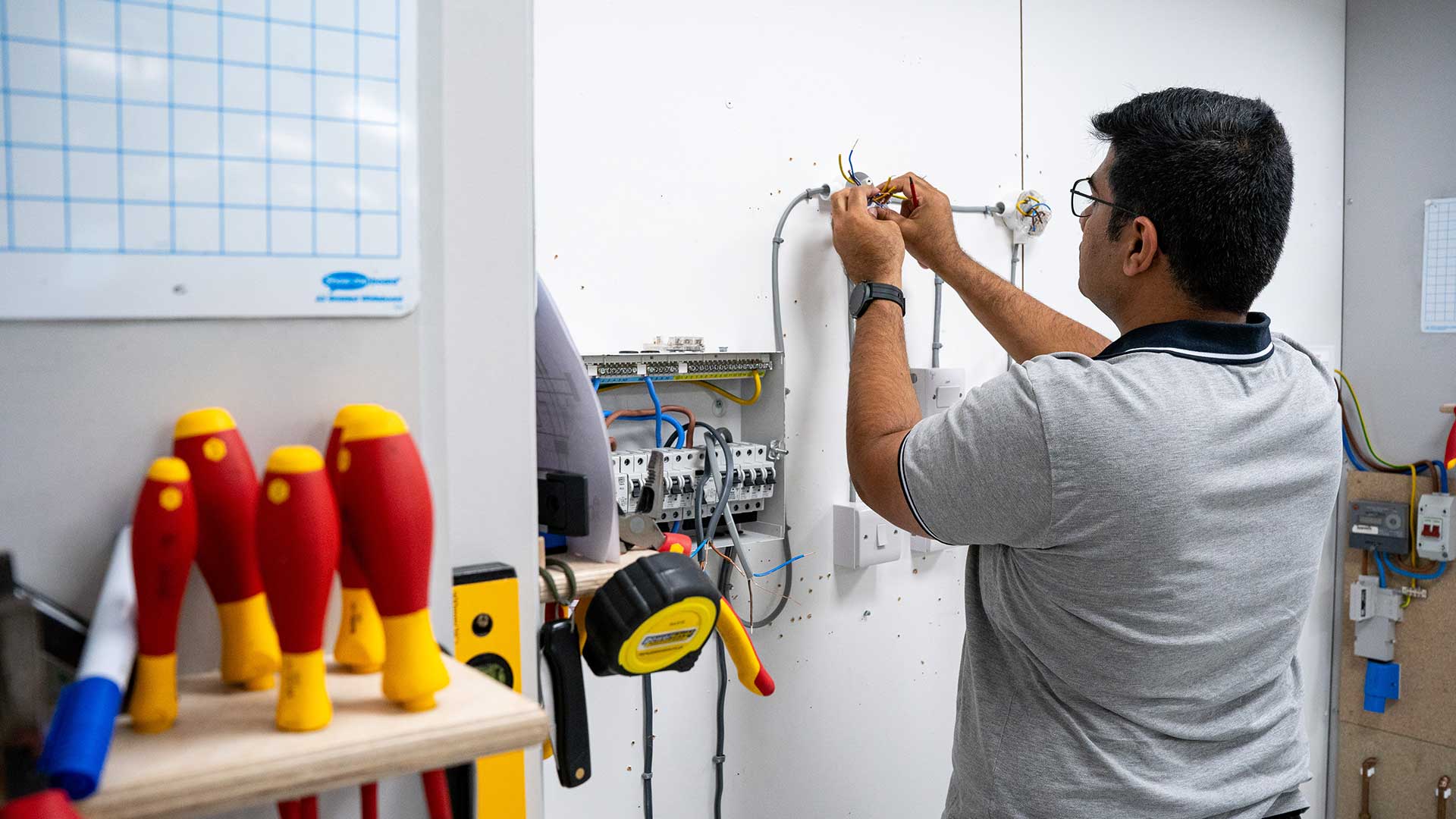*Update November 2021
EXISTING ELECTRICIAN? ARE YOU AWARE OF THE RECENT CHANGES TO COMPETENT PERSON SCHEMES (CPS)?
The recent changes to the Competent Person Scheme (CPS) came into effect last month. It is now necessary for all members, new and existing, to have the NVQ Level 3 course.
Just this month, Competent Person Schemes (CPS) such as the NICEIC have announced changes to their existing assessment processes and future enrolment criteria which brings them in line with EAS standard.
The most significant change affects new applicants, the NICEIC states on their website that from 1st September 2021, will no longer accept short courses, auditable evidence, and certificates of competence as forms of recognised education*. In line with the 2020 EAS update, this change effectively closes ‘short course’ entry routes for new applicants.
Existing applicants are affected by the changes too, ‘existing NICEIC and ELECSA registrants will also see changes resulting from the EAS update. Following more stringent requirements, assessors will need to see more detailed evidence in areas such as ongoing CPD, adequate supervision of employed persons and appropriate levels of insurance depending on the work undertaken’.
At this stage the requirement for NVQ applies to those acting as Qualified Supervisors (QS). In larger entities (more than one person) there may be one QS with NVQ, anyone else working under that QS does not need to hold an NVQ.
If you are already signed up to the NICEIC you can find more information about upcoming changes at this link (read more here).
4 KEY ROUTES TO BECOME AN ELECTRICIAN
(1) New Entrants – 4 Steps Electrical Training Programme.
This is a self-funded route which includes NVQ and AM2 at the end of the programme.
This programme is open to all UK Residents aged 16 and over. This funded route also includes the AM2S.
This course is open for experienced worker with over 5 years’ experience in the electrical industry. This course also includes the AM2E.
N.B. These 3 routes are aligned with TESP routes – more information available at the link below
https://www.electricalcareers.co.uk/joining-the-industry/training-routes/
(4) NVQ Level 3 Course (Step 4)
We also provide NVQ courses for learners with less than 5 years’ experience in the electrical industry. You can join at Step 4 to complete your NVQ if you have already completed your Diploma Level 3 either with us or at another training centre/provider.
Find out more by calling our call centre on 0800 856 4448 – you can also leave an enquiry via the website and a member of our team will get back to you (contact us here).
Our History
Trade Skills 4U has long been at the forefront of encouraging individuals who intend to work with electrics to take formal training and qualifications to not only prove competency but to be competent.
The Part P schemes and regulations started in 2005 sought to control what had become an unregulated, unmonitored, free for all, with electrical installations having no oversight and left to untrained individuals to decide themselves what was safe, and a proper installation, effectively anyone could do anything, anywhere, with zero training and zero-knowledge, from our perspective it was quite shocking.
We didn’t think that was right and so we started our Part P training programs back then, to not only raise awareness of the risks but also encourage people to do the right thing and get training. The more training the better and when people came to train on our shorter courses and we had them under our roof, we had the opportunity to educate them about the real world risks of electrical installation, what they could do, what they shouldn’t do, and those that wanted to become ‘registered electricians’ progressed to the more comprehensive recognised career courses.
So what’s new?
The industry gatekeepers, those that run Competent Persons Schemes, just announced it intends to change the entry requirements to join a Competent Person Scheme as from September 2021, for those individuals who want to join such schemes. At this stage, there is still some confusion about the specifics of the changes so we recommend anyone seeking to join such a scheme speak to your chosen provider for clarity.
We are close to the industry, we have been for many years now. We have been taking part in many discussions on how we can encourage adults to take more formal, more comprehensive training programs that raise skills and knowledge. It’s not an easy message to get across to the individuals that want to work with electrics and want to do so quickly, without barriers but are unaware of the electrical industry’s view on standards and competencies needed to maintain safety.
We welcome the positive direction of travel towards raising standards, it’s why we have developed what we call our 4 Steps Program. It’s been in place for our candidates for most of 2020 and into 2021 we’ve been banging on about it for quite a while now. It’s designed for those who want to be Gold Card electricians and those who don’t, but crucially need some electrical skills and knowledge to work in electrics but only as part of their main job or within the restrictions that exist within the Part P Building regulations.
Essentially the 4 Steps program is simply this, that no matter who you are, a plumber or heating engineer etc, what we call an associated trade or a ‘new career starter’, we enroll you on the full 4 Steps training program, whether or not you intend to become a registered electrician or fully qualified electrician as its commonly termed. We’ve been enrolling people on the 4 Steps program for over a year now before Covid emerged, whether or not they expressed an ambition to become ‘fully qualified’.
The 4 Steps program enables you to progress to your AM2 Final test at a local AM2 test Centre and become a registered electrician or as I said what is often called a ‘fully qualified electrician or Gold Card holder’.
Essentially we developed the term 4 Steps because it’s designed with you in mind. The course qualifications are exactly the same as every FE college and training provider in the UK, only ours is designed with the adult in mind, You! And we would say much more appropriate and effective.
We are professional teachers, the learning we deliver is about You, we think many training providers focus in on what they want to give you, we only think about what You need. That’s what makes us different, 4 Steps!
Of course, not everyone can take a full program in one go, they need to break it up into bite-size manageable bits (Steps) that suit their personal time and financial circumstances.
Lost of people like to take Step 1, pause, work, get some experience and cash in the bank, undertaking basic installation work; work they can undertake within the regulations, gain experience then move onto the next Steps 2, 3 and then 4, the full qualification.
Of course, some people, like the associated trades mentioned earlier, don’t want to be electricians, they only do small monitors works in electrics to support their main job, like a ‘security system installer’ for example. They often just take Step 1as they have no desire to undertake work that is beyond their competency or outside of the regulations. In Step 1 we inform them of the regulations, so they are aware of their obligations, reinforcing safety. Moreover, if an associated tradesperson did want to do more involved electrical work, then they can Step back onto the 4 Steps program, they are after all, already enrolled!
Summary
Simply put, if you want to be a registered electrician, ‚fully qualified electrician, Gold Card Approved Electrician, you should take the full 4 Steps program. You will be able to jump off at whatever Step you like to get experience and earn a few quid within the regulations, but hop back on to the next Step when you’re ready.
Step off to gain experience, Step back on to learn skills and knowledge.
If you’re an associated trade and have no intention of becoming a registered electrician then stick to the Step that suits your role and work within the regulations that you will become aware of when you take your Step 1 with us.


